Visit Lisbon in 3 days
Lisbon is the biggest city in Portugal spread over seven hills. You must therefore be prepared for the steep alleys and stairs that offer a panoramic view of the city. To visit Lisbon it takes several days because the city is full of tourist sites which makes all its charm. The streets are narrow, you can quickly get lost in them, that's why Folk-Travel so you can find out all about the visits to be made to Lisbon.
Que faire, quoi faire à Lisbonne
How to get to Lisbon
Generally speaking, the easiest way to go to Lisbon is to fly with several low-cost airlines such as easyJet, Ryanair but also TAP Portugal, Iberia or Air France. We left Bordeaux airport in France at the beginning of May and reached Lisbon in 2 hours. Please note that you have 1 hour time difference in Portugal.
How to visit Lisbon
Therefore you don't need vehicles to visit Lisbon, a good pair of basketball shoes will be your best ally. The only way to get to Bélem is by public transport.
Here is the map divided by districts: click on it for details
Baixa and Chiado District
We enter the Baixa district, with a neighbourhood made up of parallel streets. A total of eight streets run parallel to each other. Each of them has its own lively streets, each one with numerous restaurants, cafés, clothes shops and souvenir shops. Here are the best things to do in the Baixa neighborhood :
Commerce Square
Before the earthquake of 1755, the palace with the castle of the Royal Bank was here. When you arrive at the trading place the square is impressive by its grandeur with the Tagus river at the back.
It is the tourist place par excellence with the Arc de Triomphe, some of the statues at the top come from the French sculptor. Célestin Anatole Calmels.
Passing under the triumphal arch, you enter the Rua Augusta in the north. For 3,55$ you can go to the top of the arch.
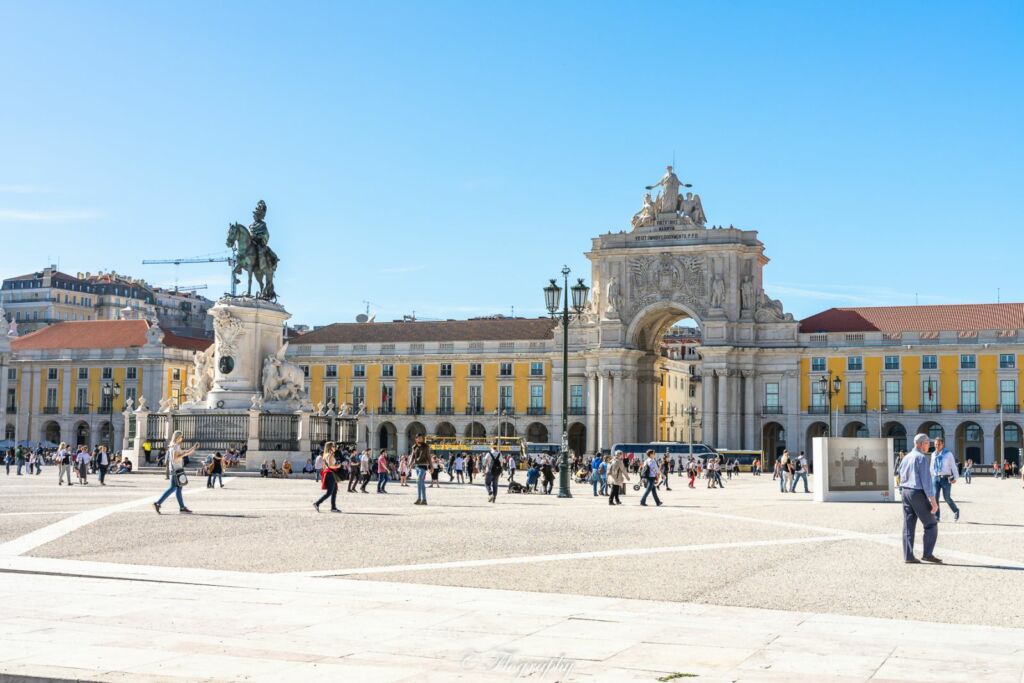
Augusta Street
We pass under the triumphal arch and go directly to Augusta Street. We invite you to take a coffee break and watch the artists and the crowd. Let's take the road along Rua Augusta, at the corner of Rua Santa Justa look to the left, raise your eyes to the sky to see theSanta Justa Elevator.
If you continue to the end of Rua Augusta you will arrive directly at the Rossio, Figueira and Restauradores squares.
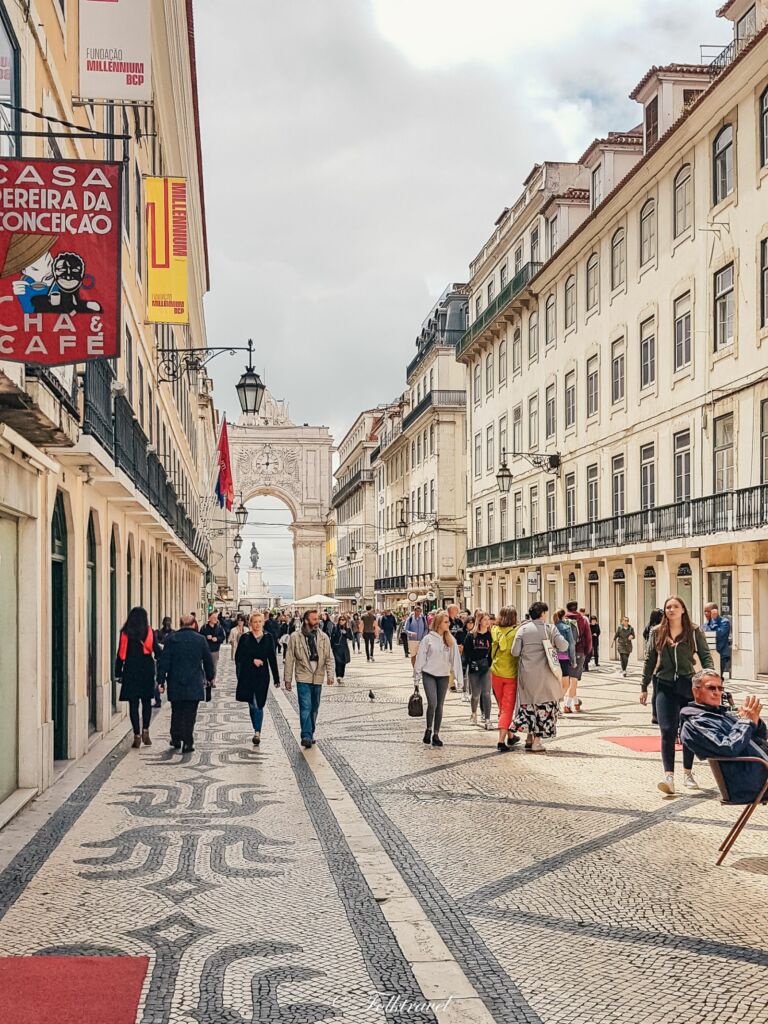
Santa Justa Elevator
Elevator Santa Justa ElevatorIt is no less than 45 metres high, linking the Baixa district with the highest district in Chiado. However, in order to be able to climb this steel structure, you have to be patient. The cost is 5 euros, but if you take the Viva Viagem card, the journey is already included.
Tips for saving money : You can also use the lift with the Viva Viagem card, the cost will be half. And included in the 24-hour Carris/Metro pass (€6.40). Entrance is also included in the Lisboa card.
The elevator is open daily from 7 a.m. to 10 p.m. (November to April) or from 7 a.m. to 11 p.m. (May to October).
We didn't take the elevator. Firstly, we still prefer to run, and secondly, you can access the platform from the top and enjoy the view without a ticket. It was much more important for us than using the elevator.
You thus join the Chafariz do Carmo Square passing just in front of the Convento do Carmo and follow the path to the end. The terrace of the restaurant Bella Lisa Elevador will take you to the top of the lift.
From there, you already have a magnificent view. For 1.50 euros, you can climb a few steps up to the even higher observation platform.
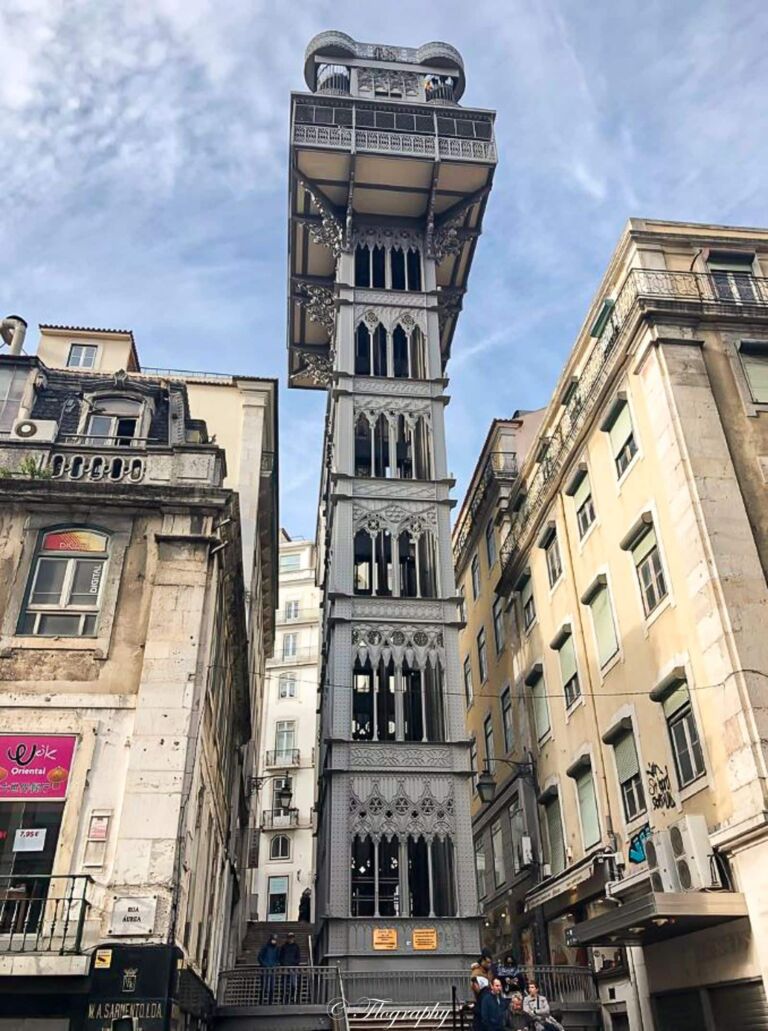
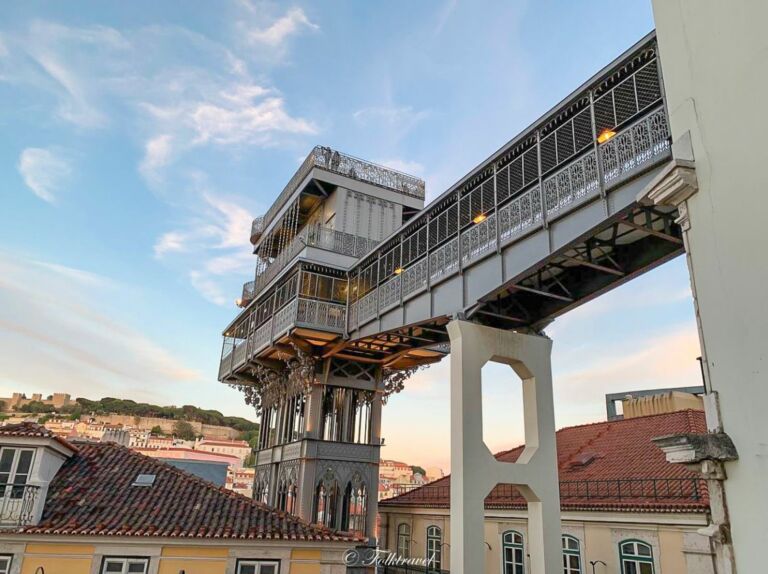
Carmelite Monastery
It is amazing to walk around the ruins of the old church of Santa Maria do Carmo. Founded in the Gothic style in 1389 but was heavily affected by the 1755 earthquake. Only a few elements of the structure remain, with arches supported by high pillars. With the entrance fee, 4€ you can see 2 mummified bodies enclosed in glass.
Funicular railway of Bica
Elevator of Bica is one of the three funiculars in the heart of Lisbon. With a difference in height of 45 metres over a distance of about 250 metres.
The parallel Calçada da Bica Grande street is also interesting, a street that in fact consists only of an endless staircase.
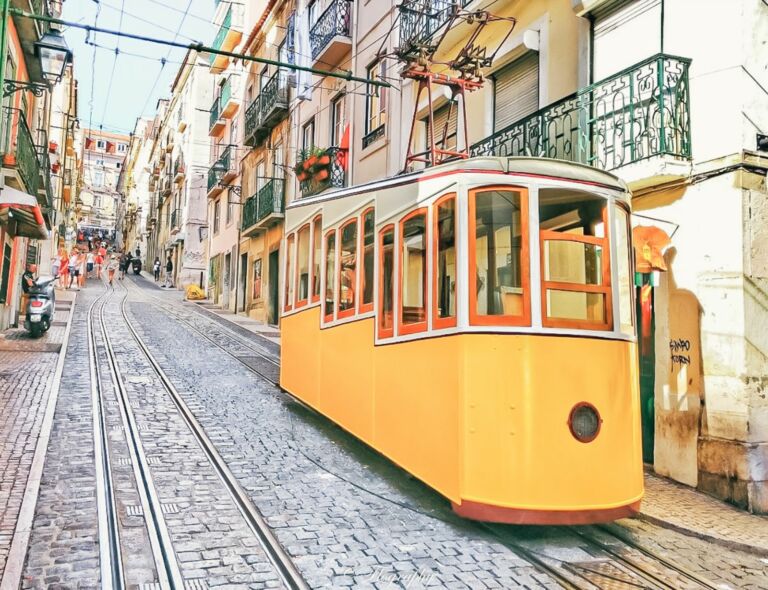
Casa do Alentejo
The Casa do Alentejo is our unique discovery in this neighbourhood. In the middle of the street, we open a door before finding ourselves in a patio and a surprising Moorish palace. Conceived in 1932, the Arabic architecture is also surprisingly detailed with its armchairs. Upstairs there is a restaurant for those who would like to continue the experience.
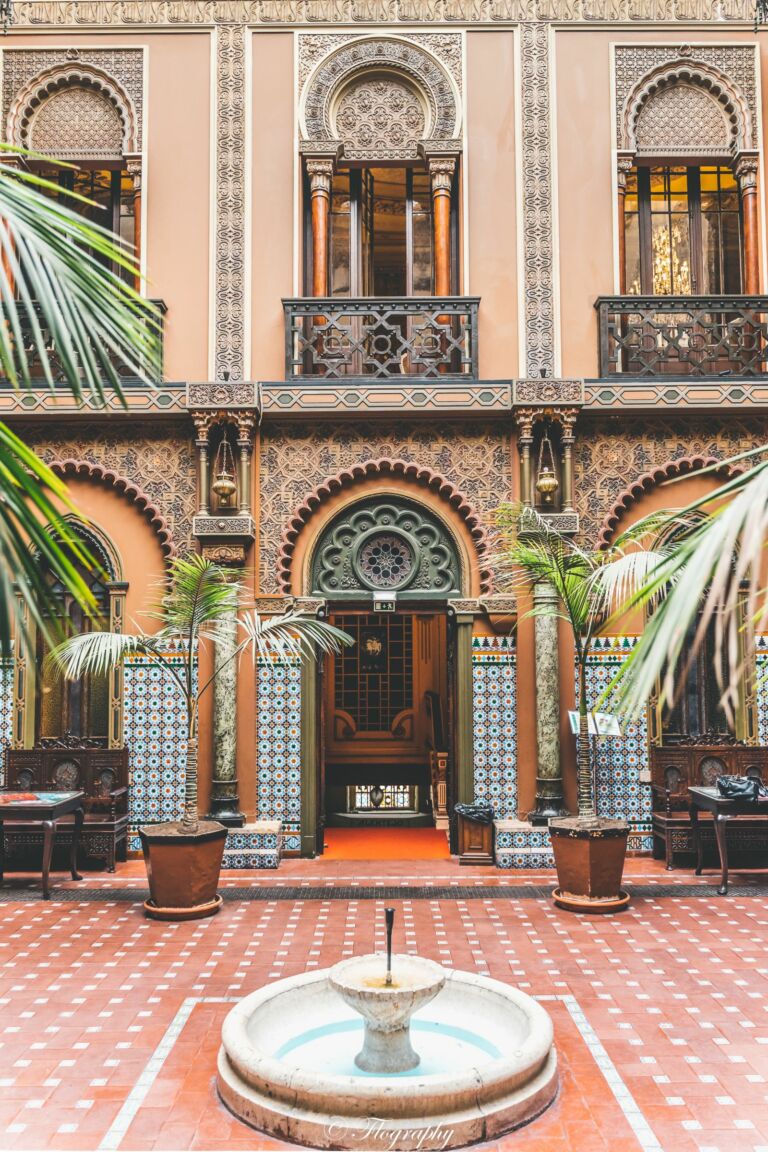
Praça da Figuera
Located in Baixa Pombalina, it is one of the three most important squares in the centre of Lisbon, between Praça do Comércio and Rossio. Surrounded by busy shopping streets and steeped in history, the famous electric cable cars pass through here.
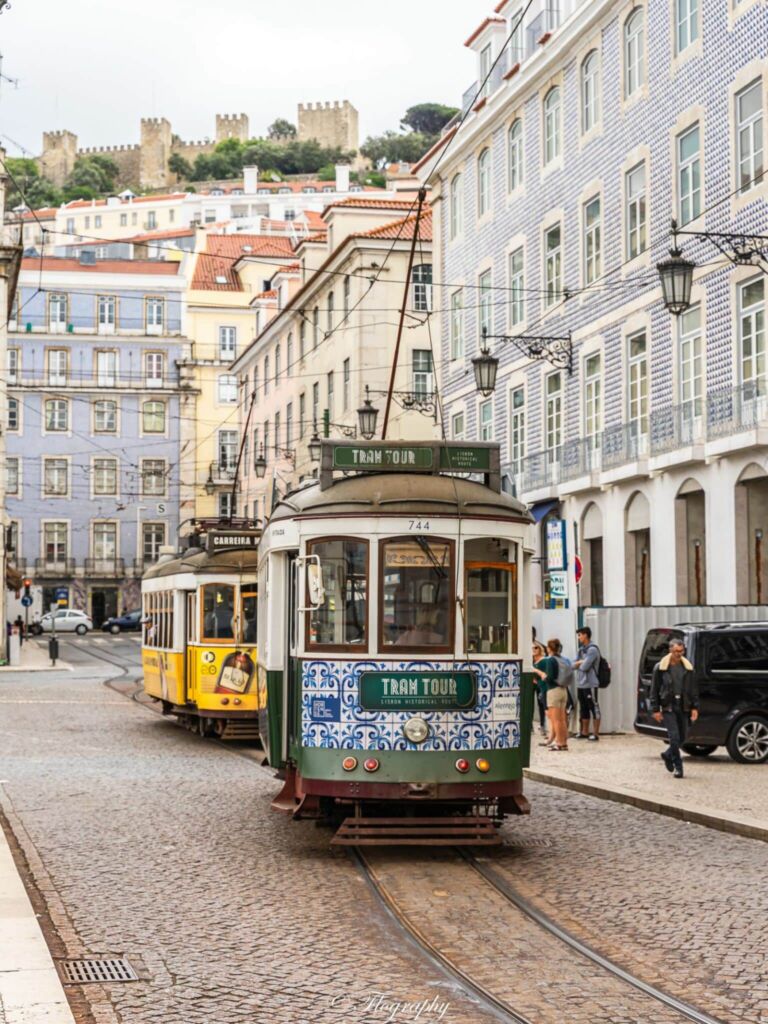
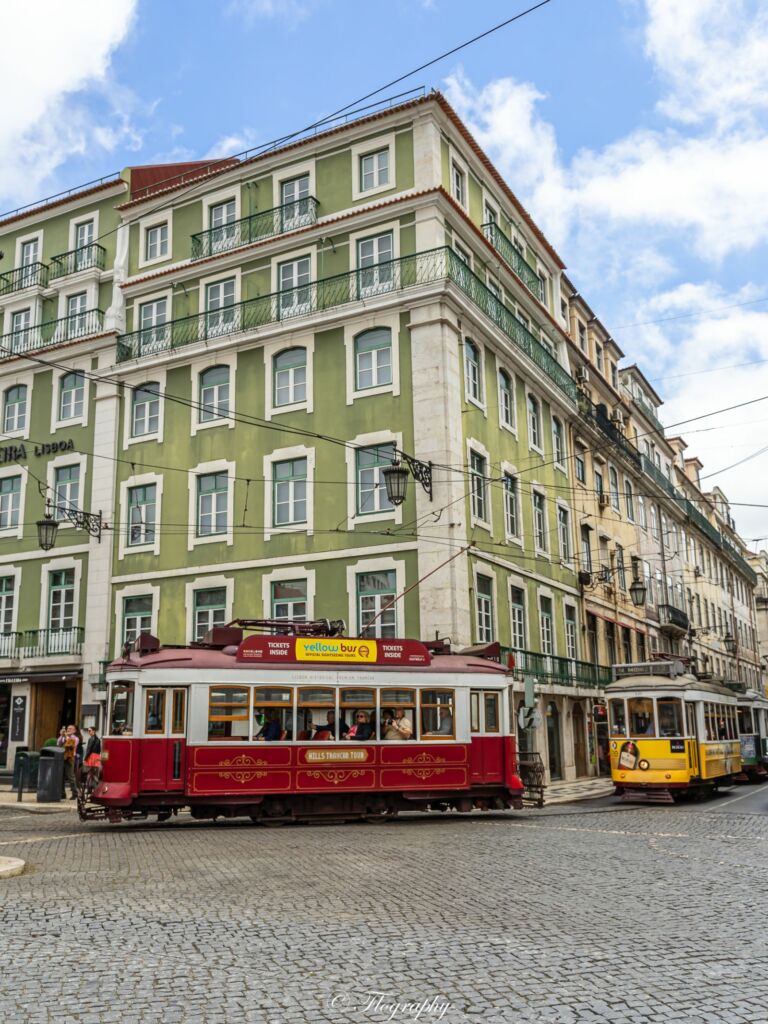
The District of Alfama and Castelo
The Alfama district
The Alfama district is the best known district of Lisbon with narrow streets where it is pleasant to get lost at every corner. The watchword is: authenticity
Colourful house fronts, clotheslines, music, get lost!
If you prefer to use public transport to explore it rather than walking, it is best to take tram 28E. Street art is on every corner in Alfama. Open your eyes!
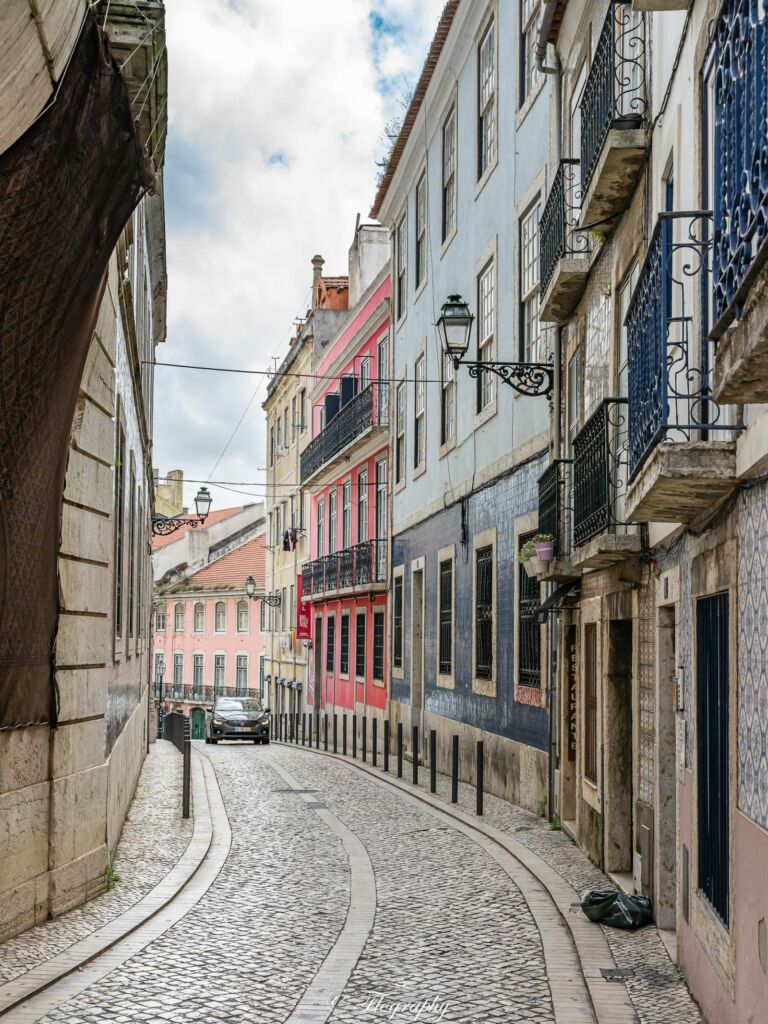
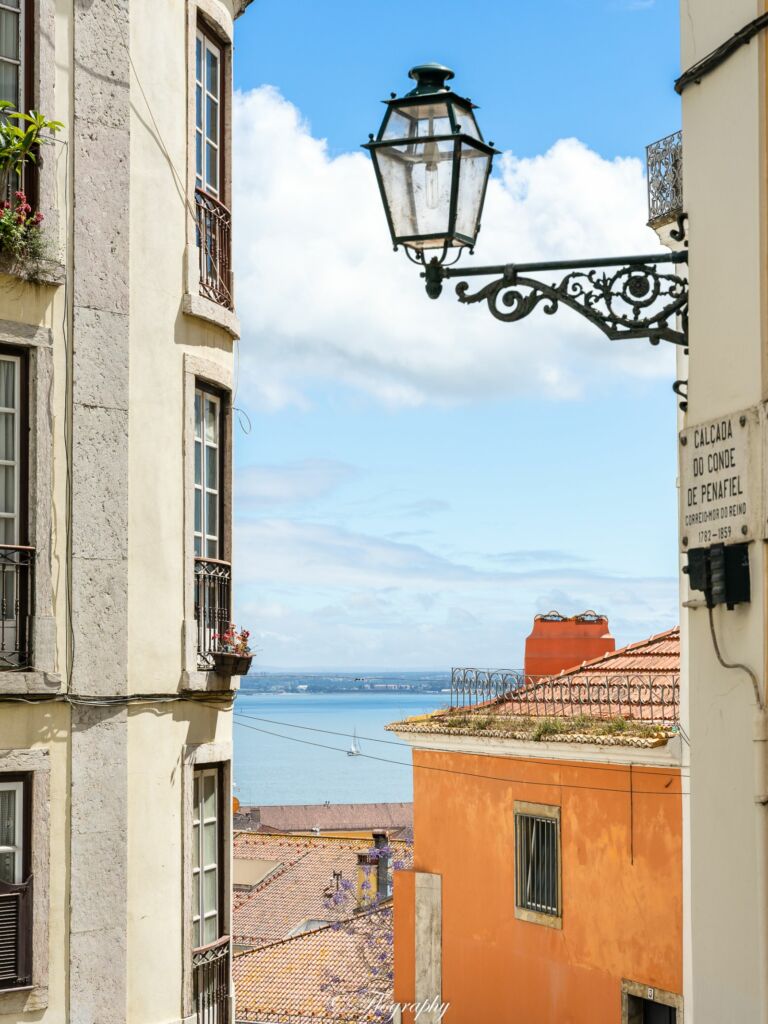
Tram 28E
Tram 28E is the emblematic attraction of the Alfama district, which crosses the streets of the district. It is sometimes surprising to see how this tram skims the walls of houses just a few centimetres away. The tram climbs steep slopes.
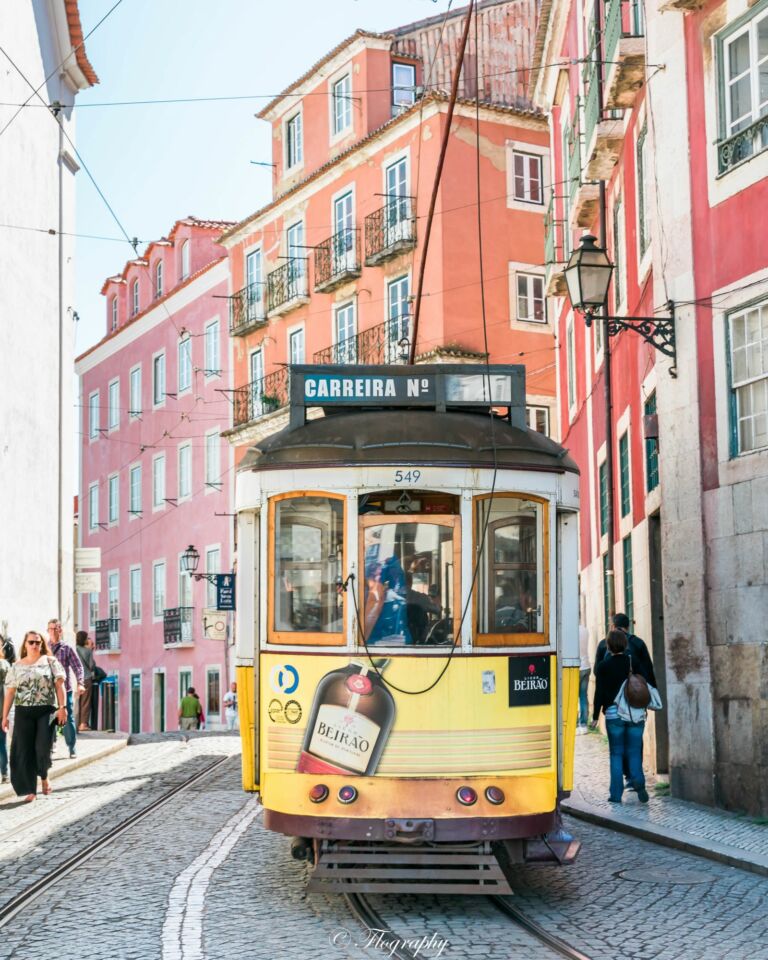
São Jorge Castle
For those looking for a view of the city in the Alfama district you can go to the medieval castle. São Jorge Castle. For our part, we did not go there because to enjoy the view for free there are other viewpoints as interesting.
The castle is open every day from 9 a.m. to 6 p.m. during the months of November to February and from 9 a.m. to 9 p.m. between March and October for an entrance fee of 8.5€ / person seems excessive to us.
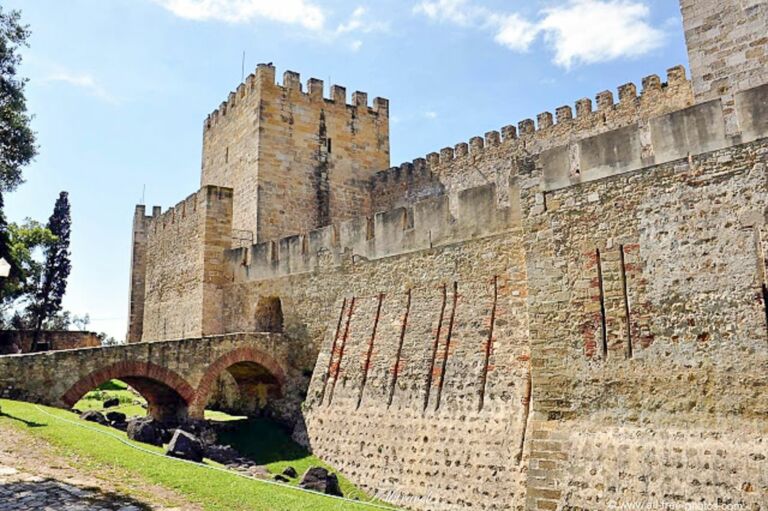
Pastry Santo Antonio : the best pastel of Nata (pasteis) from Lisbon
On the way to the Mirador de Santa Luzia, we passed by this pastry shop, which was ranked first in a competition in 2019 for its pastel de Nata Pastelaria Santo Antonio. You couldn't come to Lisbon without tasting this sweetness. We stopped to check if it's not overrated. For 1€ taste this delicious pastel de Nata a treat. We decided to do an article about Nata's pastel here with the recipe.
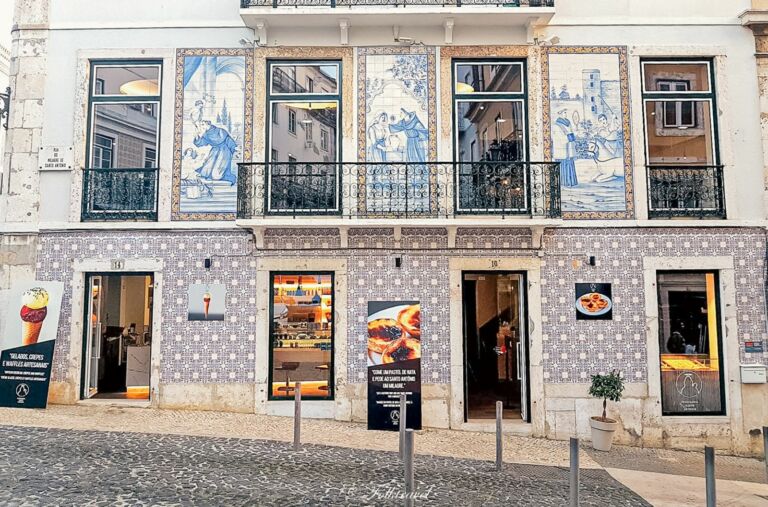
Miradouro de Santa Luzia
Rise to the heights at Mirador de Santa Luzia. From this point of view you have a magnificent panoramic view over the rooftops of Lisbon towards the Tagus. You will see brown terracotta roofs alternating with pastel-coloured houses and white churches.
This viewpoint is one of the busiest and also one of the prettiest, with its porcelain decorations and a large blue Azulejos panel representing the Plaza del Comercio is placed on the façade of the small church of Santa Luzia.
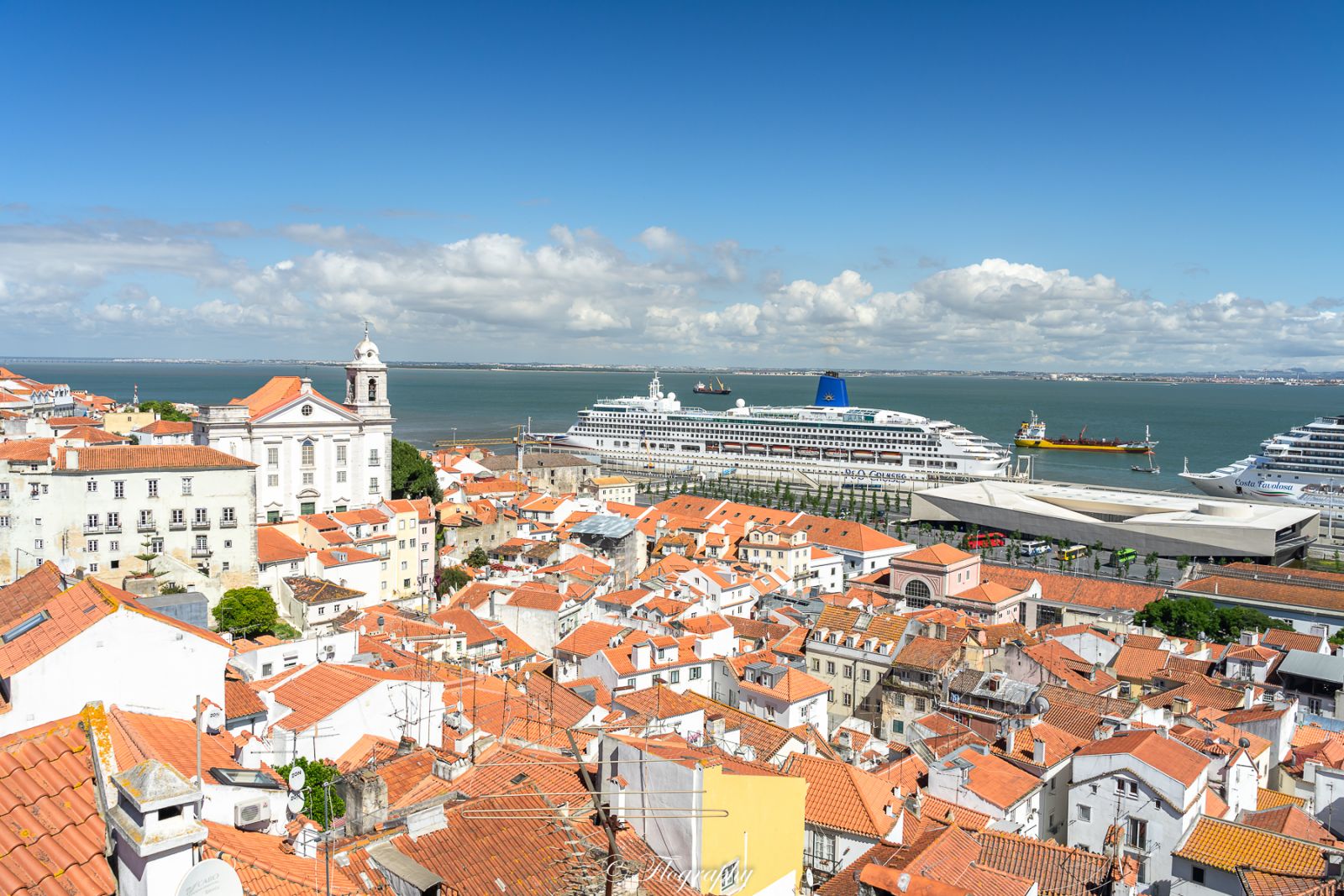
Lisbon Cathedral
This is the main church of the city, the cathedral of Lisbon, in Portuguese the Catedral Sé Patriarcal or also called Igreja de Santa Maria Maior. Admission is free and you can visit the church at the following times: Mondays from 2 p.m. to 6 p.m., Thursdays from 9 a.m. to 6 p.m., one hour more in summer and it is closed on public holidays.
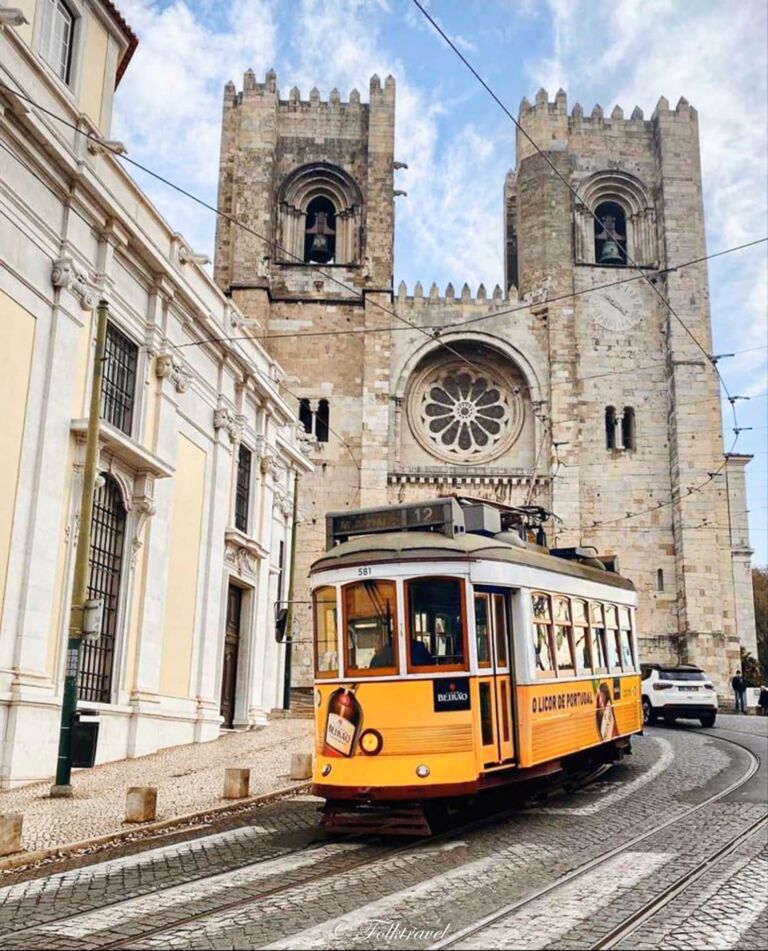
Panthéon National : Santa Engrácia
The Patheon Santa Engrácia is located just behind thechurch São Vicente de ForaAt the time of our visit, work was still being carried out on the building. The entrance costs 4 euros, to the observation platform at 40 meters high offers a magnificent view.
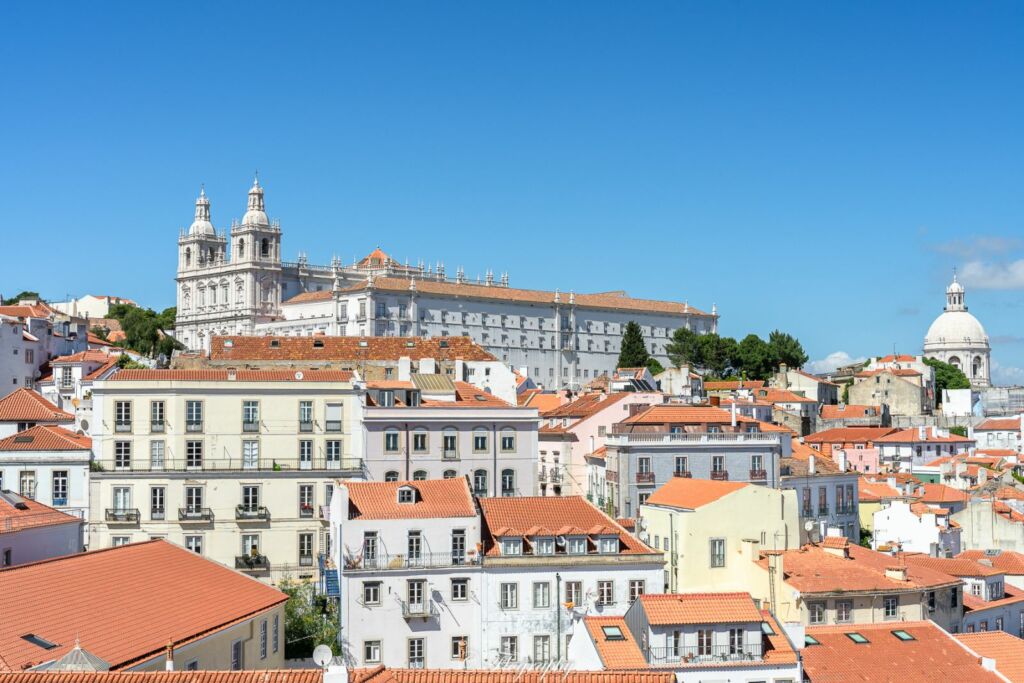
The Bairro Alto District
Bairro Alto is the district for the night: very lively at night with many bars open late. This is not the neighbourhood to sleep in if you want some peace and quiet during your stay.
During the day it's nice to walk around because it's rather quiet with a few clothes shops and pretty little streets.
Continue in its heights to arrive at a lookout point the Miradoura São Pedro de Alcântara.
Mirador São Pedro de Alcântara
Still in the Bairro Alto district, at the top of the hill, you will find the belvedere which offers a view of the Lisbon hills and the lower town. A small green kiosk is present to stroll at sunset for an aperitif. All along a small French garden is pleasant to take a break.
Elevador da Gloria
The queue proves that this funicular is the right one to take to get to the Mirador Sao Pedro or to the Praça dos Restauradores. Count 3,70€ R.A.
Miradouro de Santa Catarina
We went back down to the Praça dos Restauradores, from there we walk towards the Tagus to reach the Santa Catarina lookout. The view is grandiose and different from the one we had at the Sao Pedro lookout, right in front of the Cristo Rei. It's the most romantic point of view on the Tagus that we could appreciate.
The Cais Do Sodré District
Just like Bairro Alto, Cais Do Sodré is a lively nightlife area with nightclubs, our first night in this area was eventful to say the least. However, it turns out to be an ideal place to eat at the Time Out Market (Mercado da Ribeira). It is a large covered market where there are more than 30 restaurants, tapas, pastry shops and then enjoy your meal on large tables in the centre.
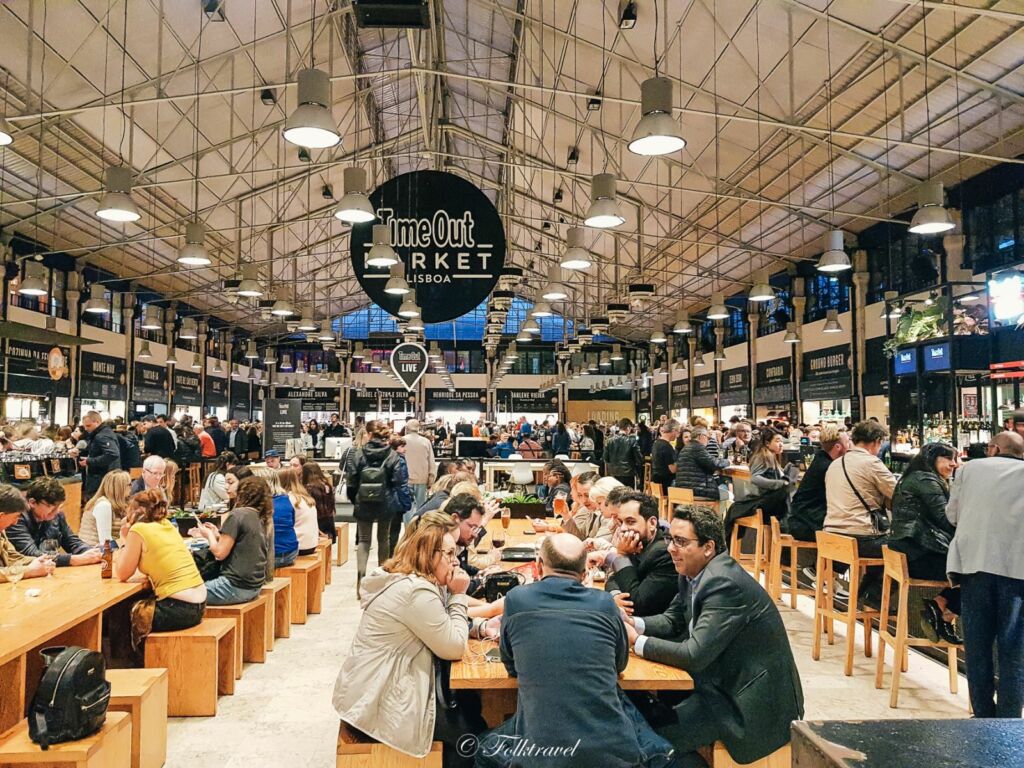
The most established street on Instagram in Lisbon is unquestionably: the Rua Nova do Carvalho Street "Street-Rose"
This dates back to 2013 when the city wanted to renovate this unloved pedestrian street with a bright pink colour. It thus attracted the young Lisboetas (the Lisboetas) and of course the tourists. During the day the street is quiet, you have to wait until dusk to see it live with a lively atmosphere, it was selected by the New York Times as one of the most beautiful and lively streets in Europe.
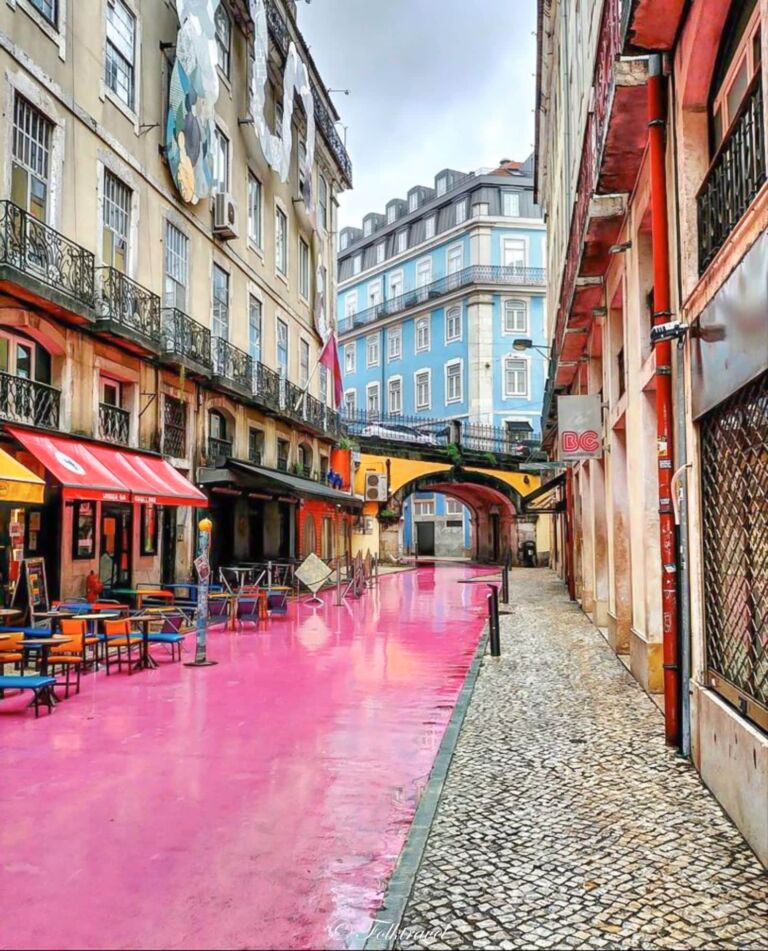
In Cais Do Sodré you can also wander around the neighborhood to discover street-art like this raccoon:


The Mouraria District
The district of Mouraria is the soul of Lisbon, authentic because it is one of the few districts not to have been destroyed in the 1755 earthquake. Often considered as Lisbon's unloved neighborhood, Mouraria is the cradle of Fado. Explore this neighborhood where many drawings are present representing the art of Fado.
There is a good chance that in a few years time the Mouraria district will become as busy as Alfama is.
Collective of artists - Escadinhas de Sao Cristovao (Mouraria) Fresco dedicated to Fado Vadio.
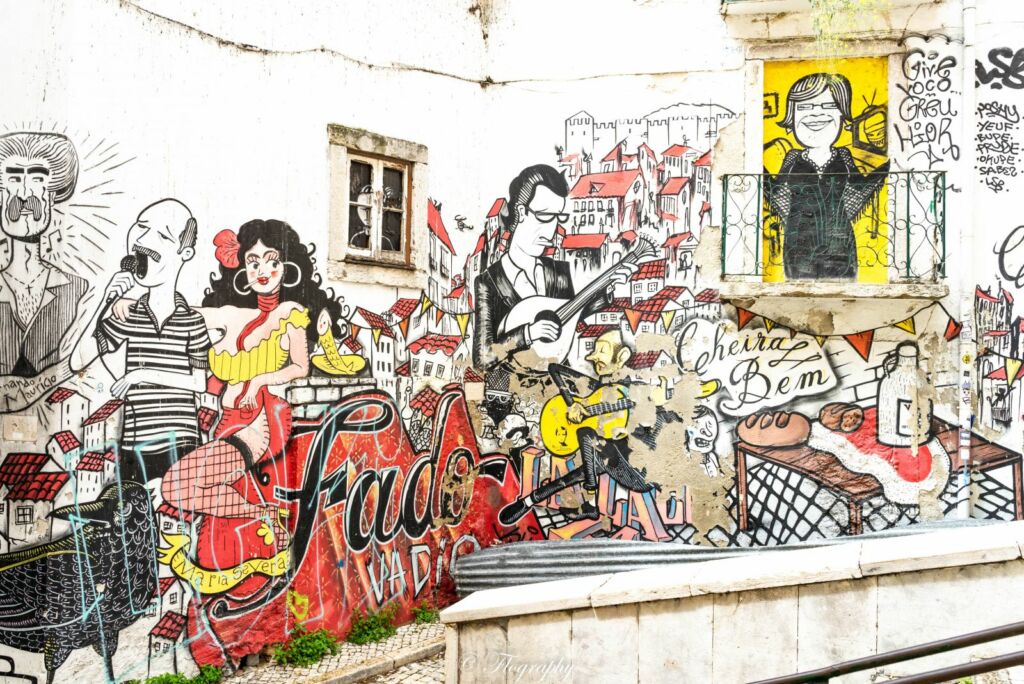
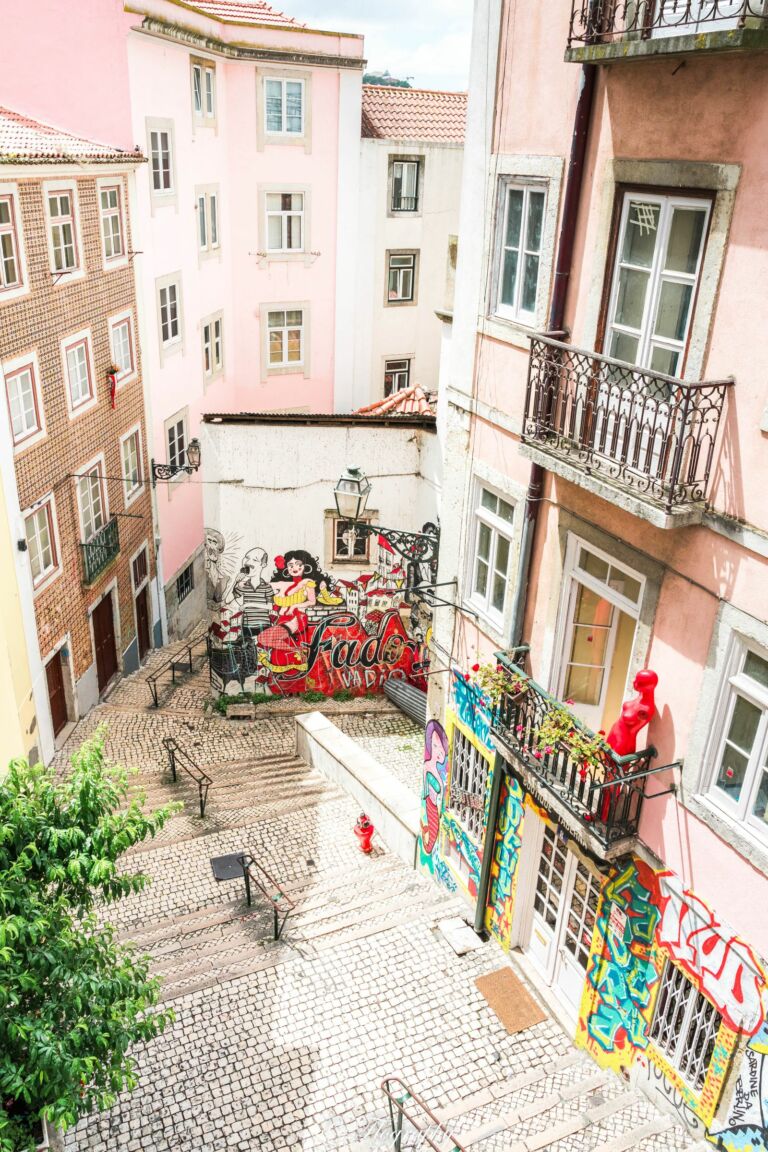
The Park of the Nations District - Parque das Nacoes
This district contrasts entirely with Alfama for its modernity! It must be said that the district was based on the pole of attraction of the most futuristic World Fair of 1998 its theme: the oceans, a heritage for the future.
The Parc des Nations brings together major architectural sites such as the Oriente train station, the Oceanario, the Vasco de Gama bridge and the shopping centre. on the road to India there you will see dozens of shops of major brands and upstairs you can eat. It was so warm that strolling in this air-conditioned centre was pleasant.
Oriente train station
The Estaçao do Oriente station is packed with people, and not for nothing as this large Lisbon station offers train, bus and metro connections. We were captivated by the architectural style of the platforms.
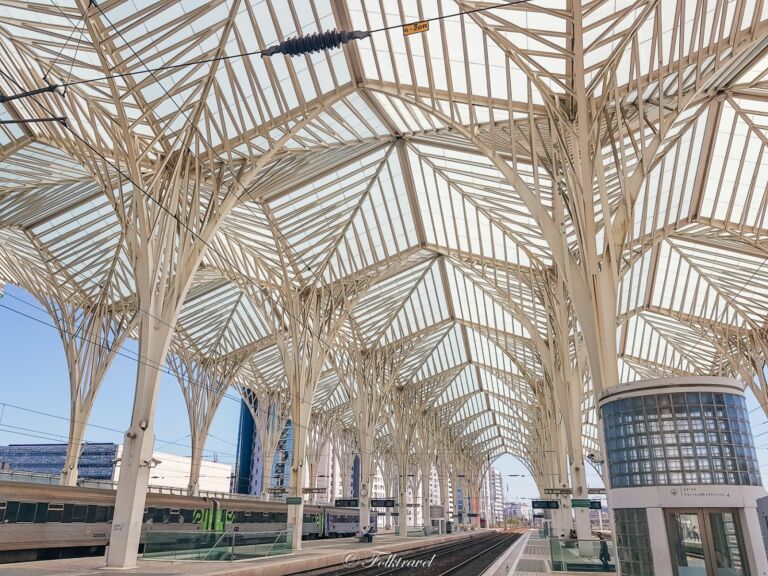
Parque das Naçoes
On the banks of the Tagus, you will enjoy strolling with its cafe terraces, the many fountains, doing sports. Here you can breathe the fullness.
You can also admire the Vasco da Gama bridge (20km long! ) from the gondola which runs along the quay for 1km suspended 30 meters above the water. Count 4€ one way (6€ back).
You'll get to the end by theMyriad by Sana Hotel that you can't miss because of its architecture: in the shape of a sail, and a 145-metre tower: the must an observation platform at the top is accessible to guests of the hotel's gourmet restaurant (not accessible to all budgets). The rooms are to fall with a beautiful view of the Tagus. One regrets not having booked at this hotel.
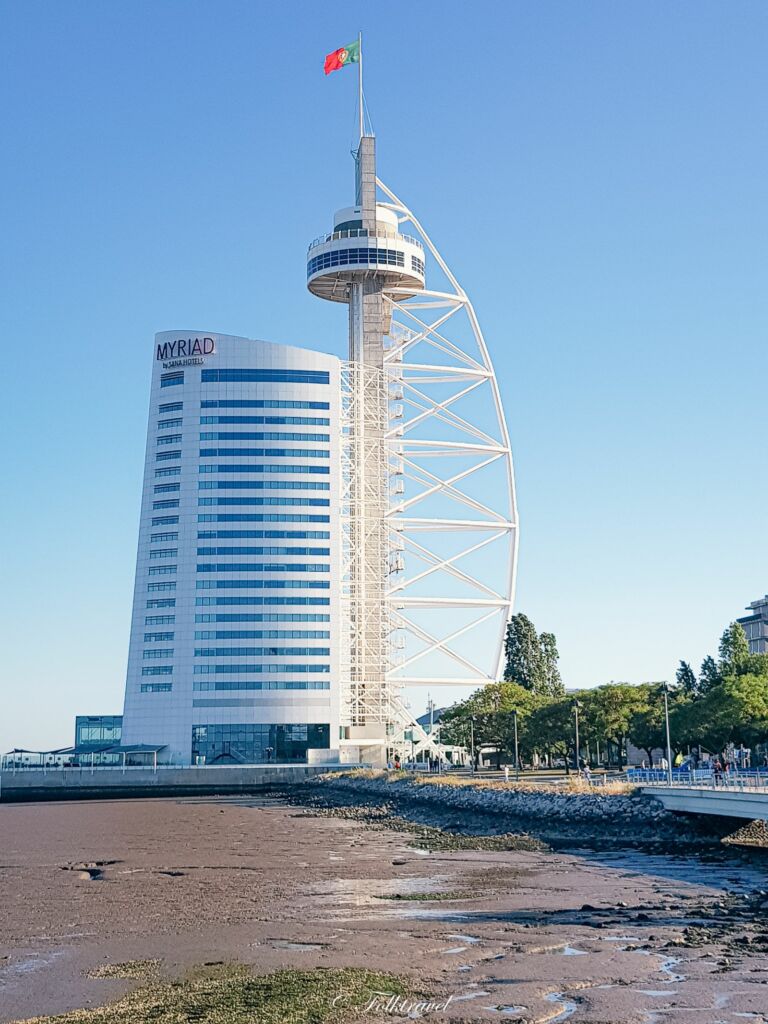
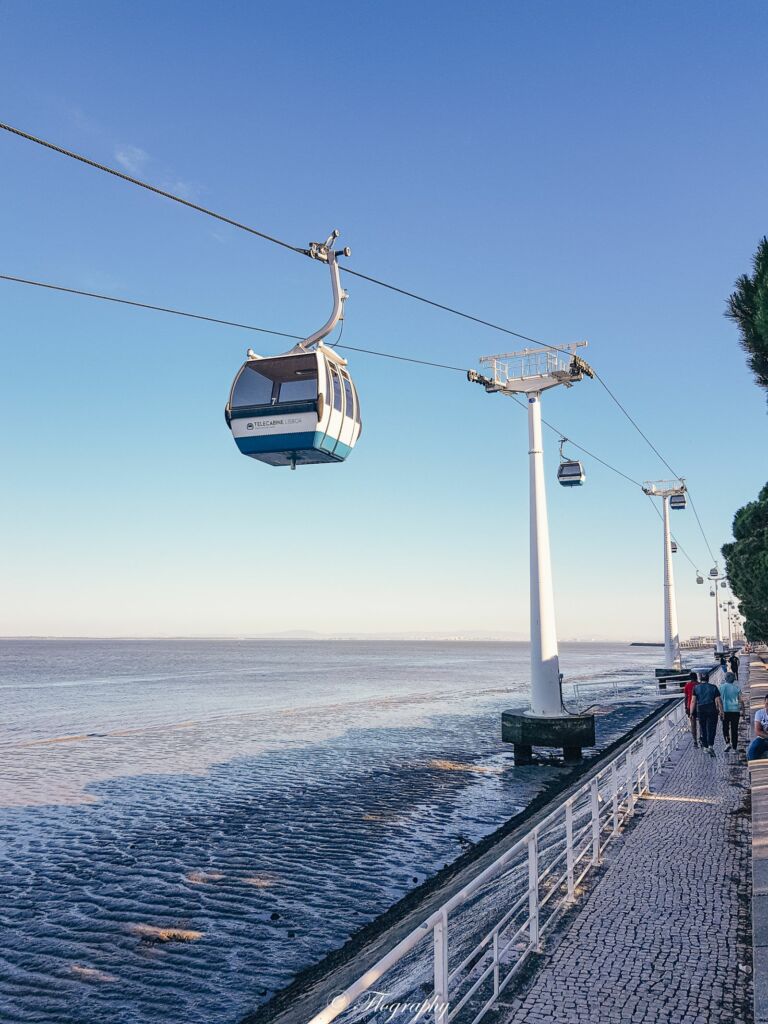
The Oceanario Aquarium of Lisboa
The Lisbon Aquarium, known as the Oceanário de Lisboa, is the most important aquarium in the world. grand aquarium intérieur d’Europe et se révèlera un incontournable quand on visite Lisbonne en famille ! Pas moins de 450 espèces dans plus de 30 aquariums et 5000 m3 d’eau.
Where to sleep in Lisbon
We've seen the different neighbourhoods and all the things they'll bring you when you visit. But the ideal neighbourhood for sightseeing doesn't necessarily mean a place to rest during the holidays. Folk-Travel will guide you to the best neighbourhood to rest in:
– stay in the Bairro Alto neighbourhood It's the neighbourhood for partying, frequented by students in a lively atmosphere.
– to stay in the Baixa-Chiado neighborhood This is the heart of Lisbon, with a choice of shopping and sightseeing, this area is the ideal place to stay.
– to stay in the Alfama district For sightseeing and authenticity it is THE district not to be missed but to sleep there it is not the safest.
Our choice of well-placed hotels during our stay in Lisbon :
Accommodation at Lisbon Cheese & Wine
It is not really a hotel but rather a guest house with a serious and personalized welcome. The decorations of the rooms are very design. You can have breakfast in different rooms, the atmosphere is very classy. A real "coup de coeur".
For more information on the Lisbon Cheese & Wine see here
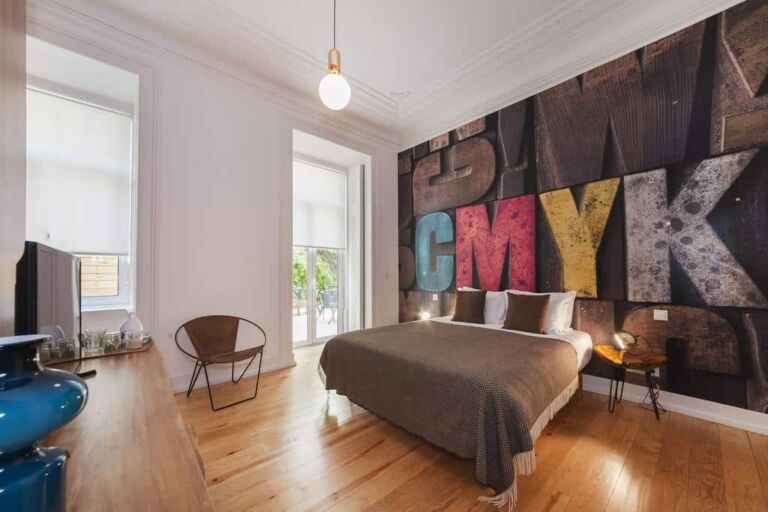
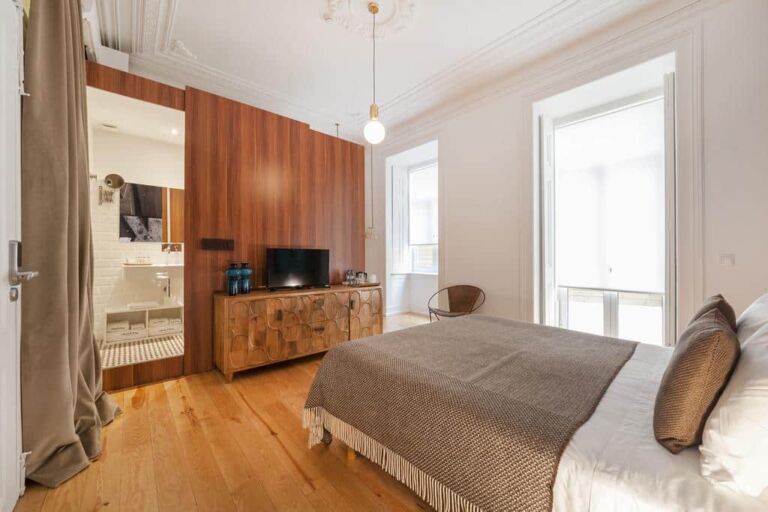
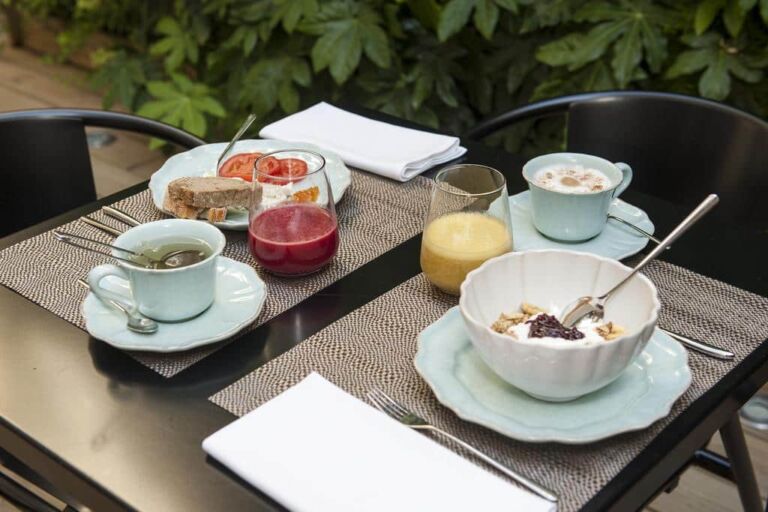
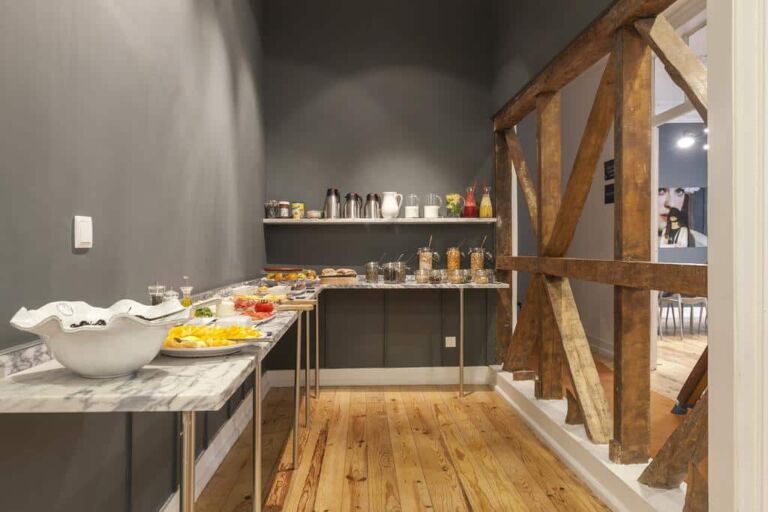

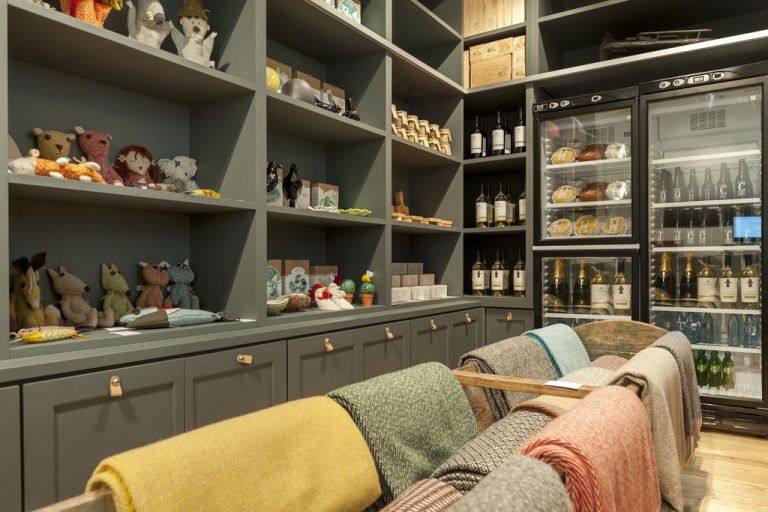
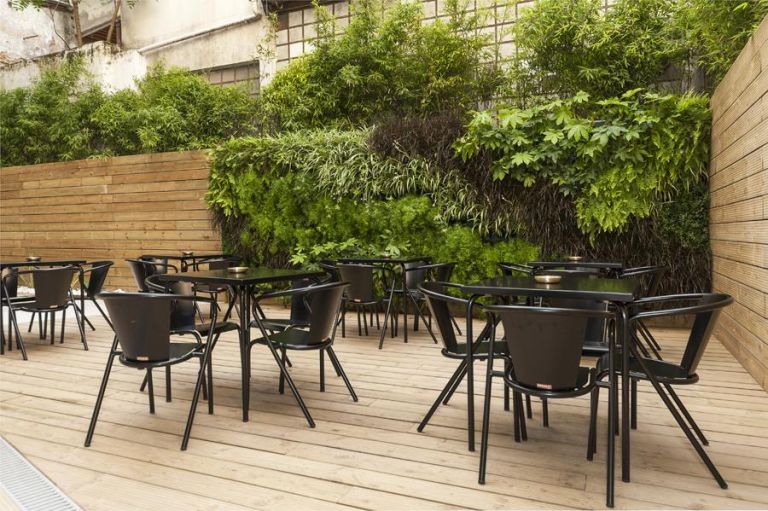
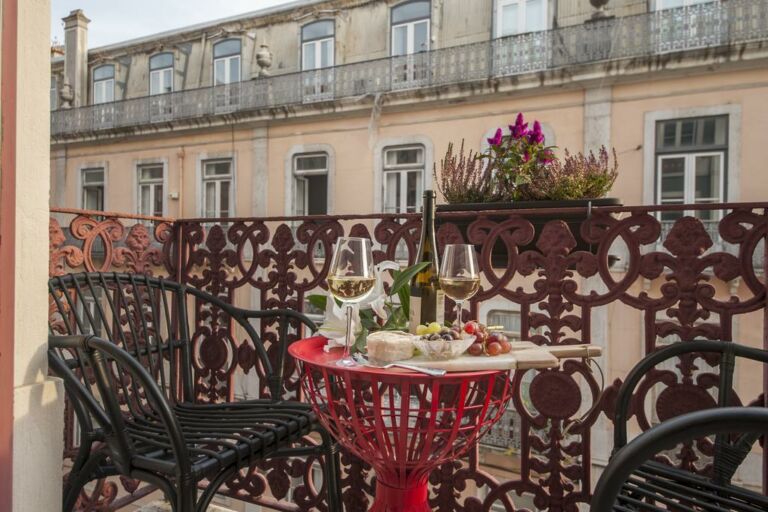
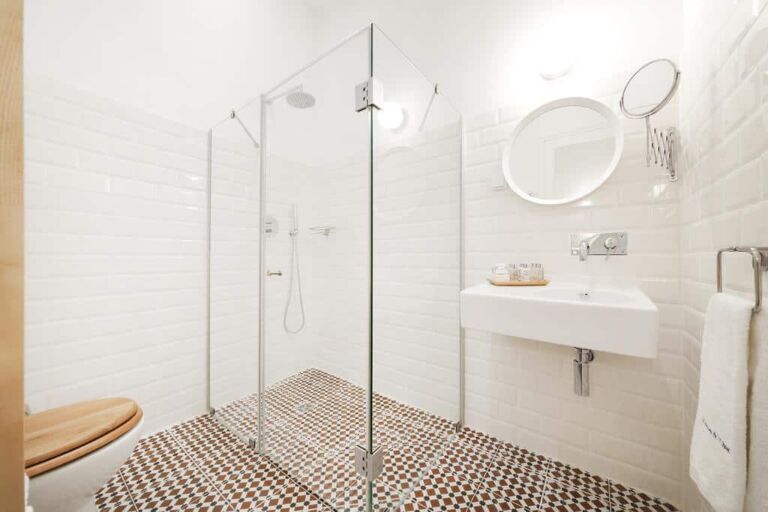
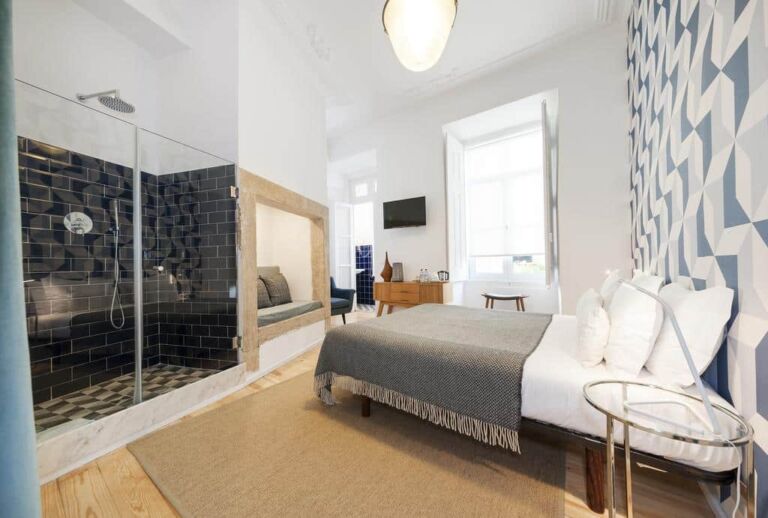
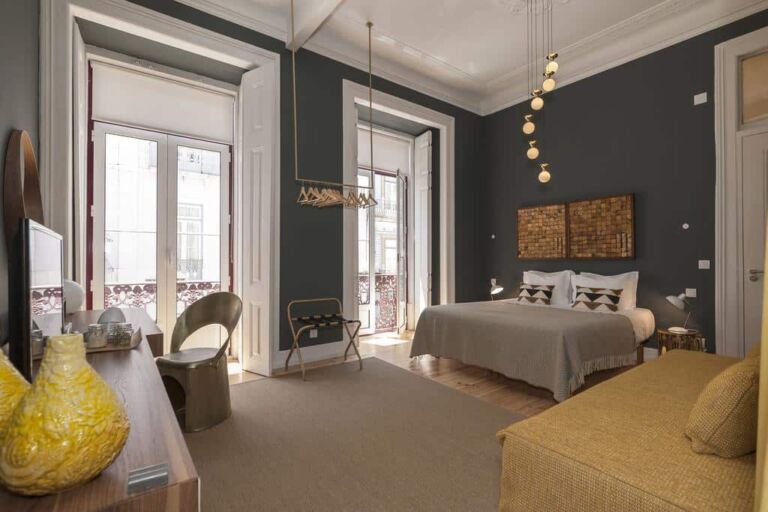
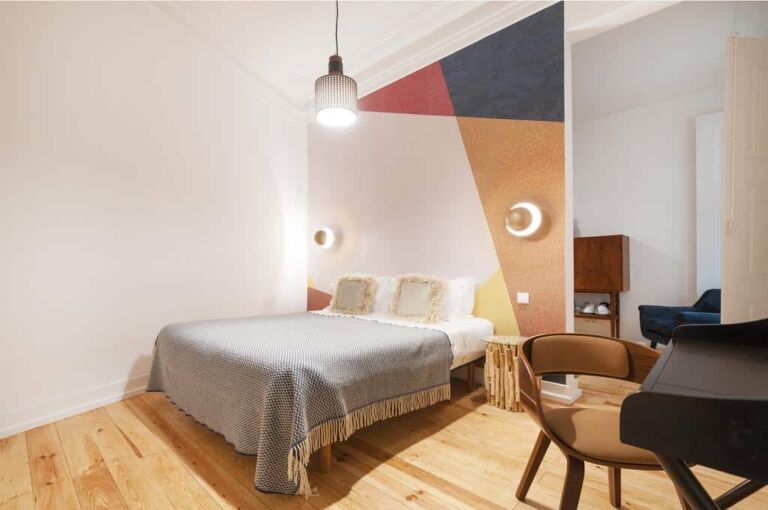
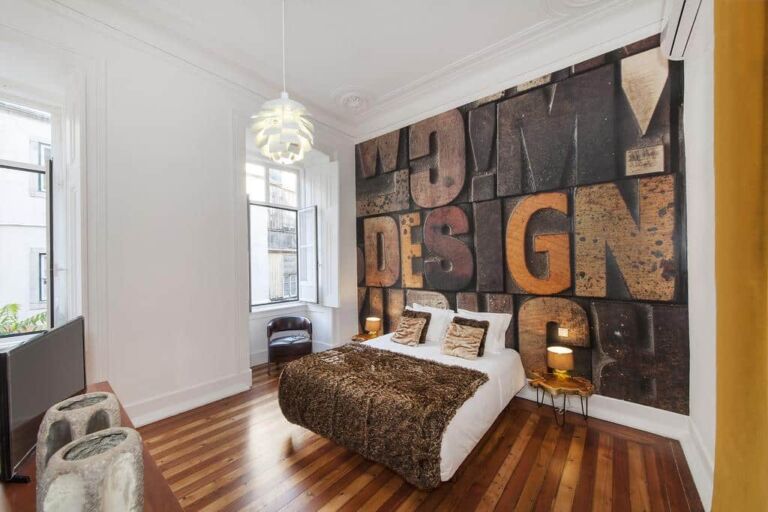
Hotel near Eduardo Park: Lux Lisboa Park
We were looking for a hotel in the centre of Les Avenidas and we particularly liked this 4-star hotel. We strongly recommend it to you:
Pour avoir plus de renseignements ici sur le Lux Lisboa Park Hotel see here
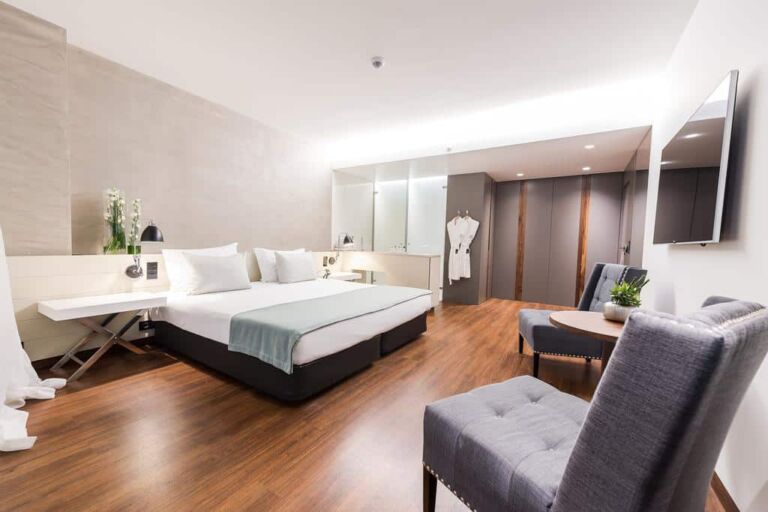

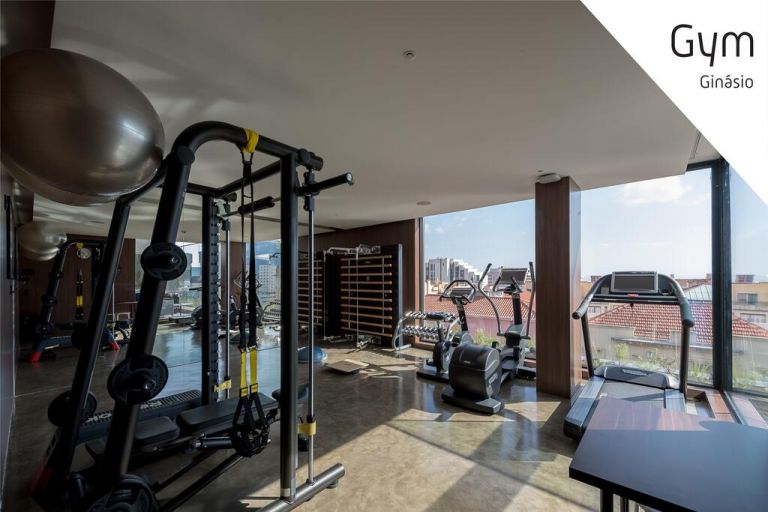
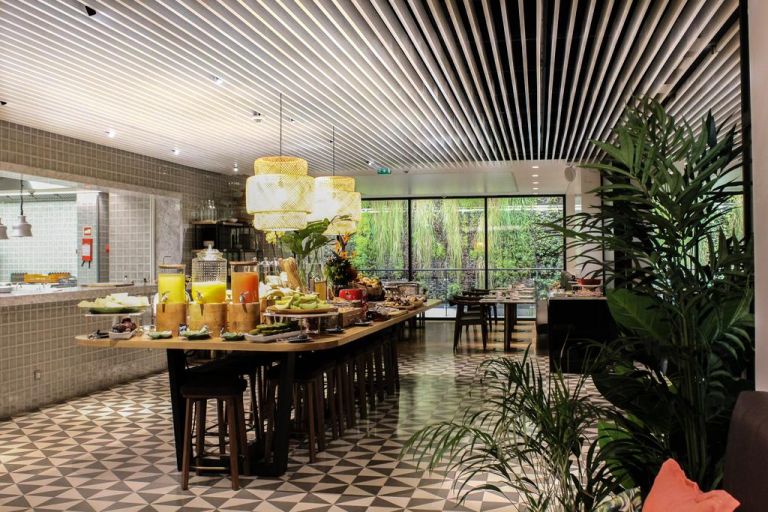
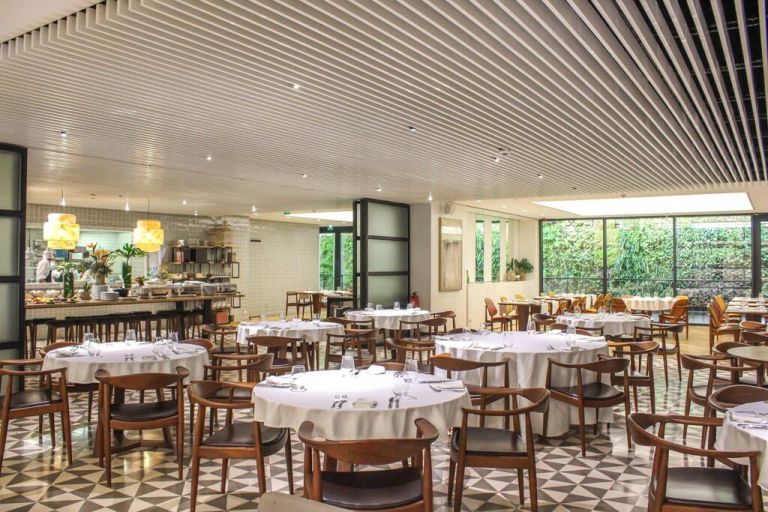
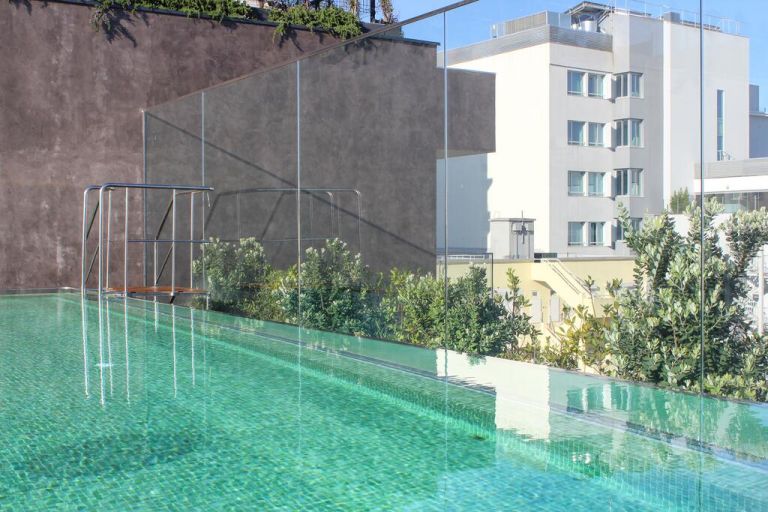
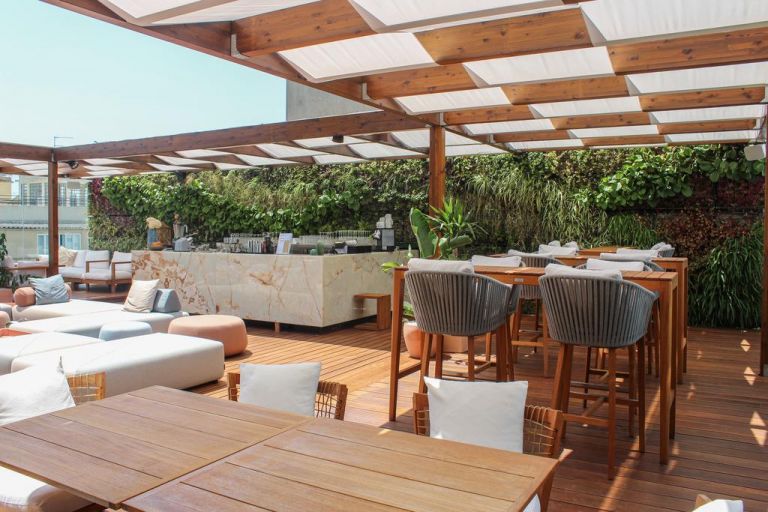
Pin this article on Pinterest

Founders of Folk-Travel
⛰️ Globetrotters and landscape photographer. We had a passion in common when we met, that of great landscapes. It was enough for us to travel all over the world in search of the most beautiful photogenic spots. We take time for details, authenticity while remaining natural. Back from our road-trips we reveal our best places.
We take time for details and authenticity while remaining natural. Back from our road-trips we reveal our best places.
Article published on :
- May 10, 2020
- 14:48
- One Comment


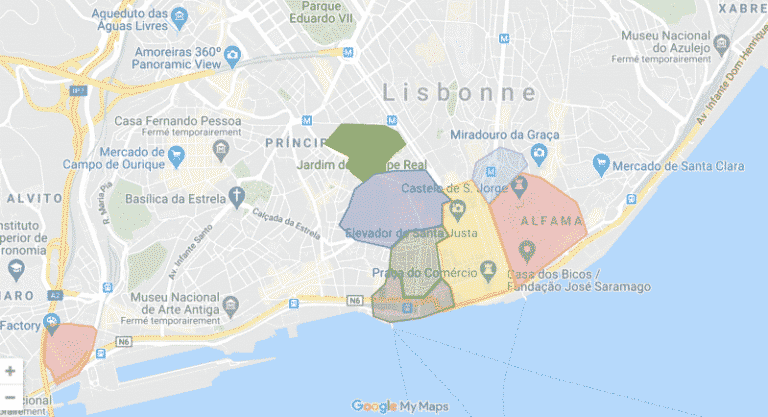

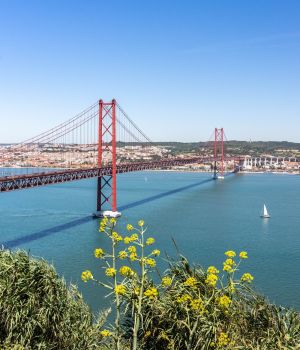


Bravo pour ce blog et merci de partager vos supers roadtrips.
Au plaisir d’échanger
Pascal.